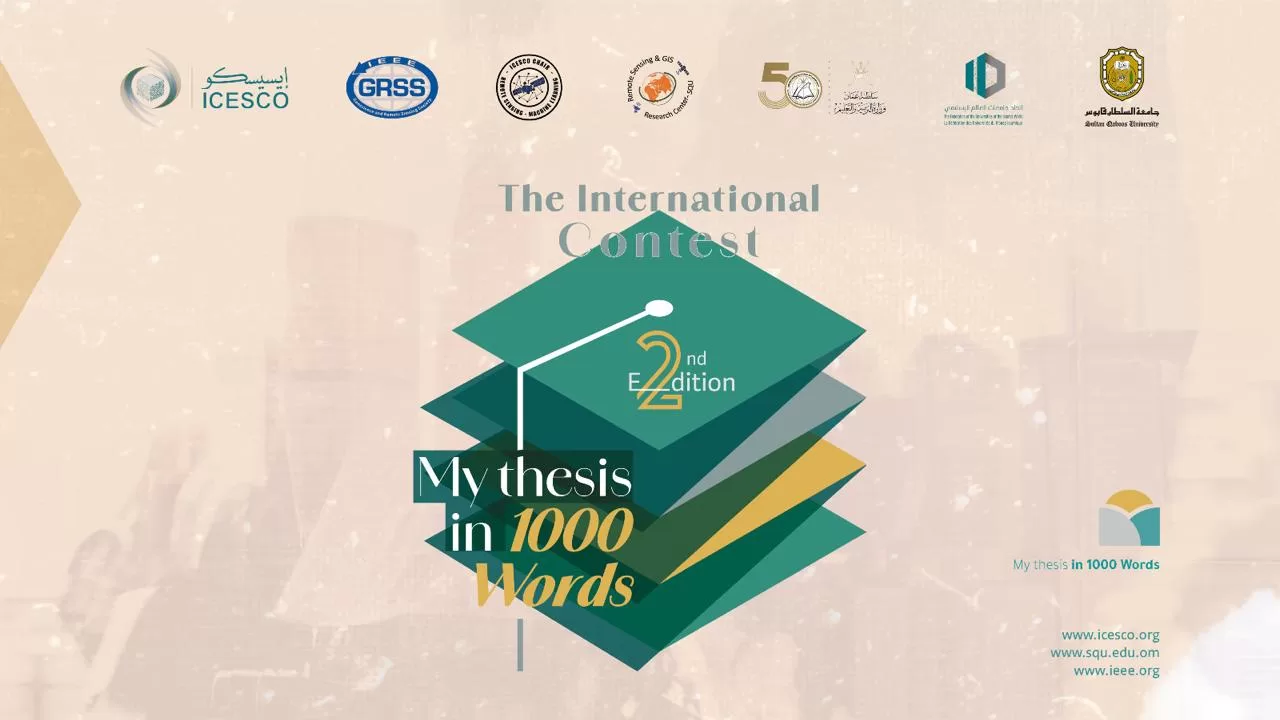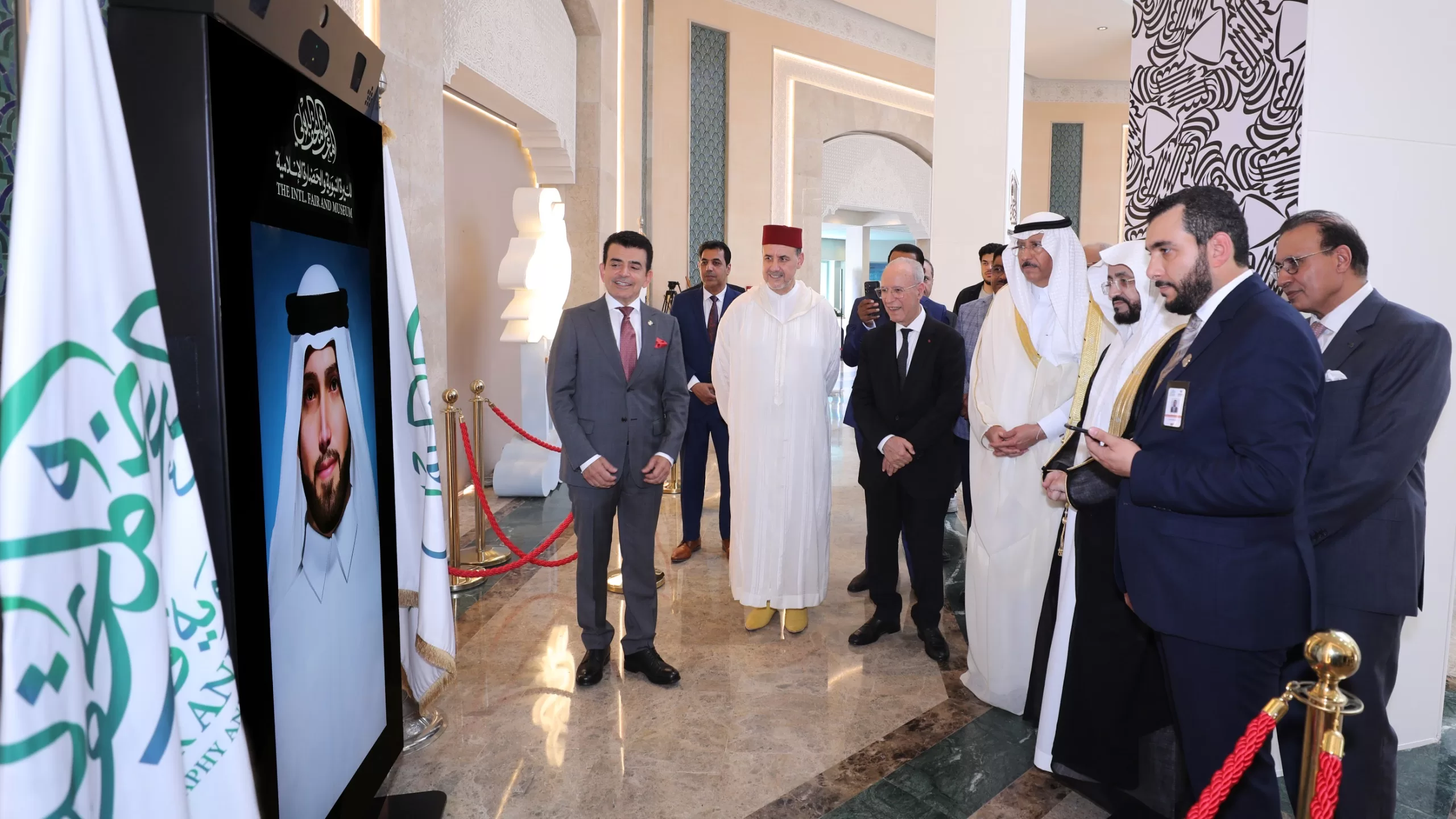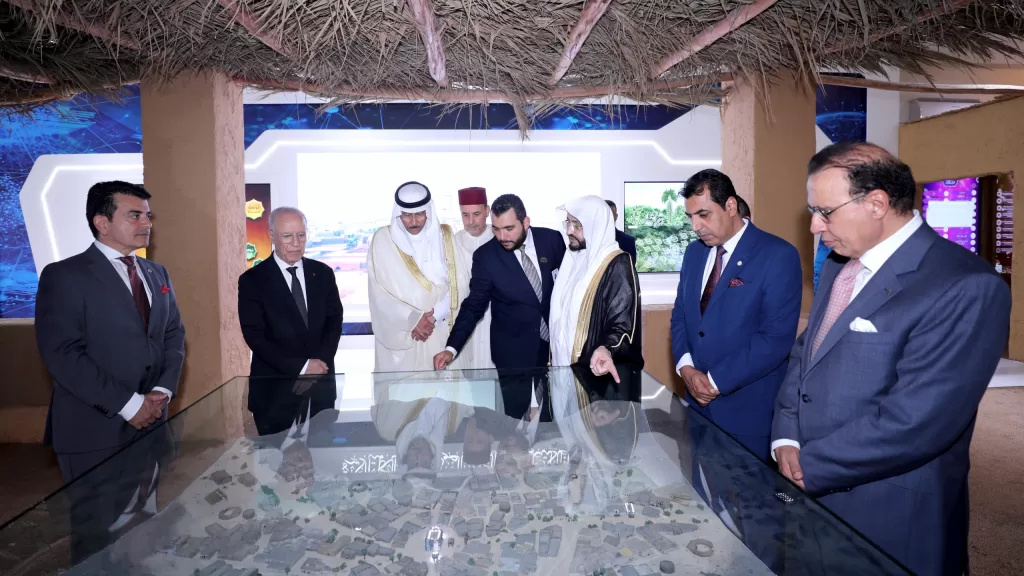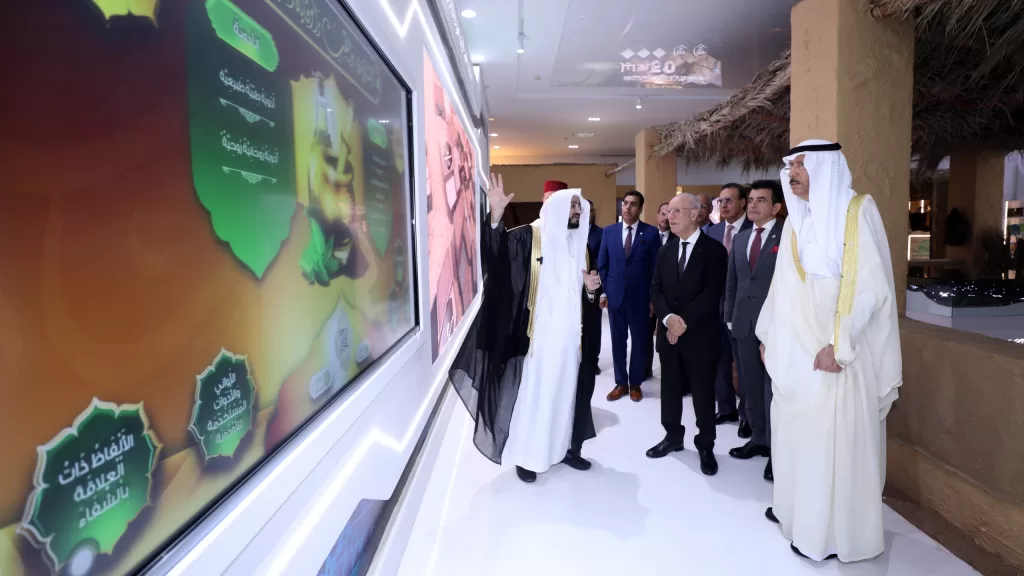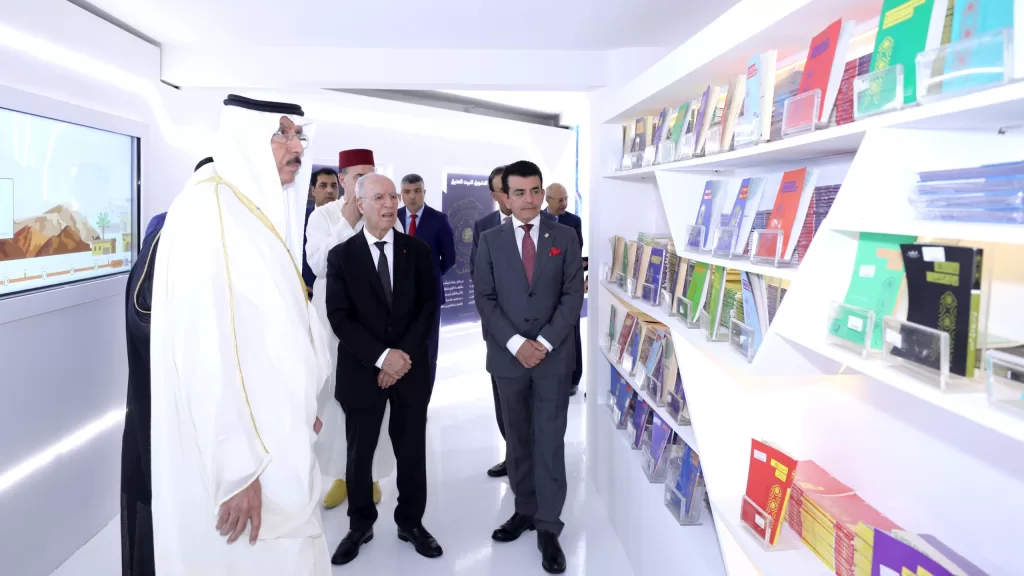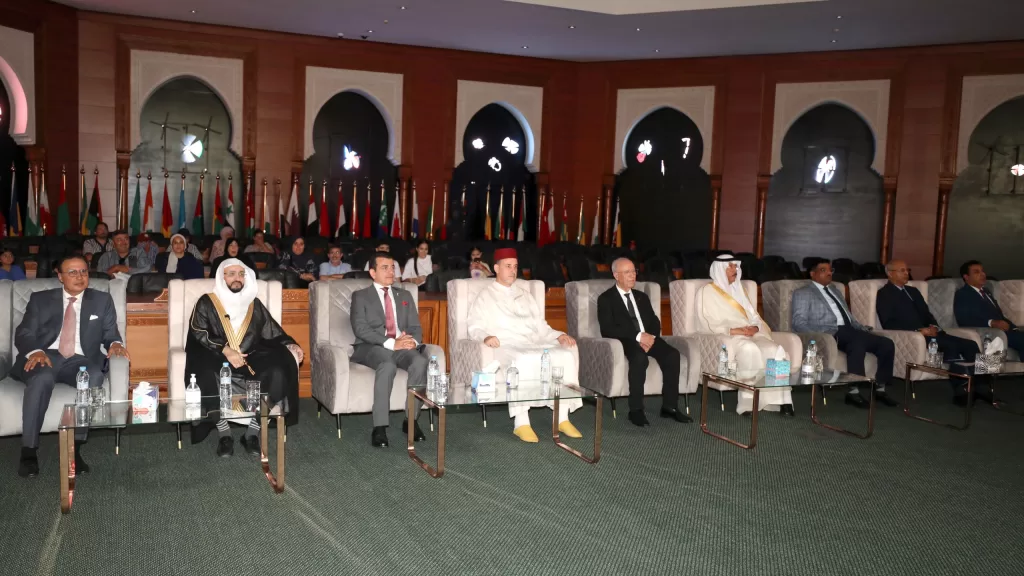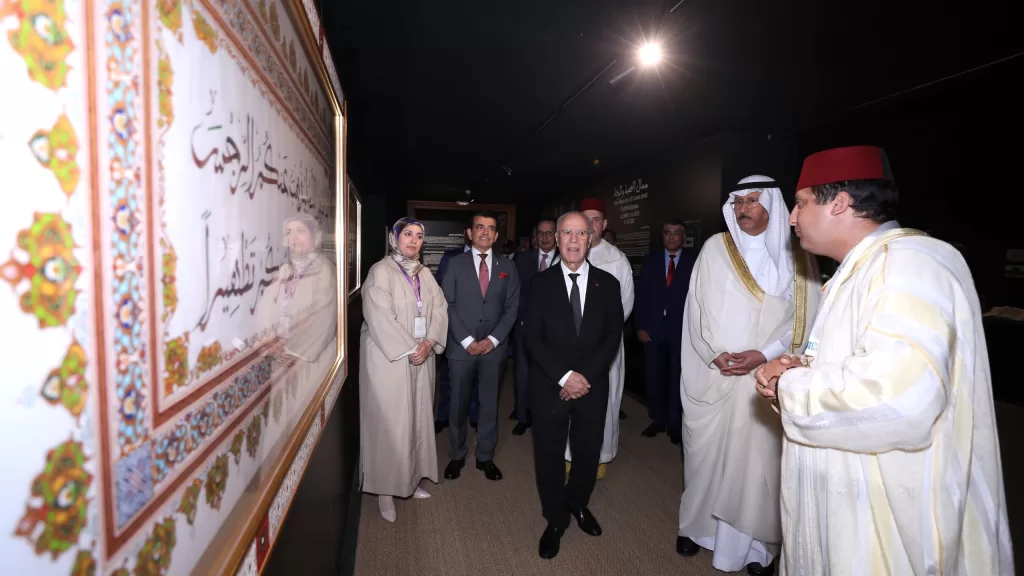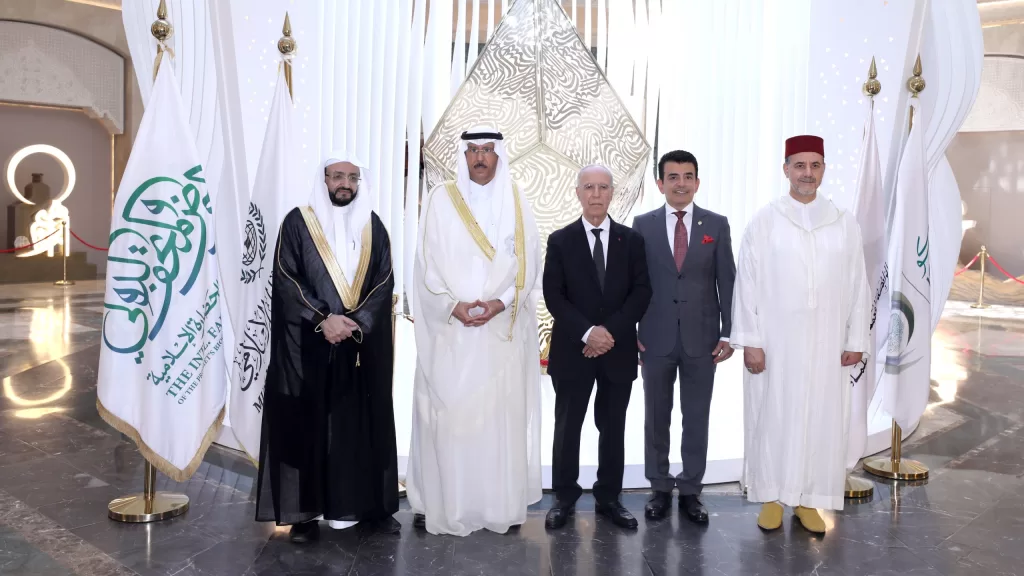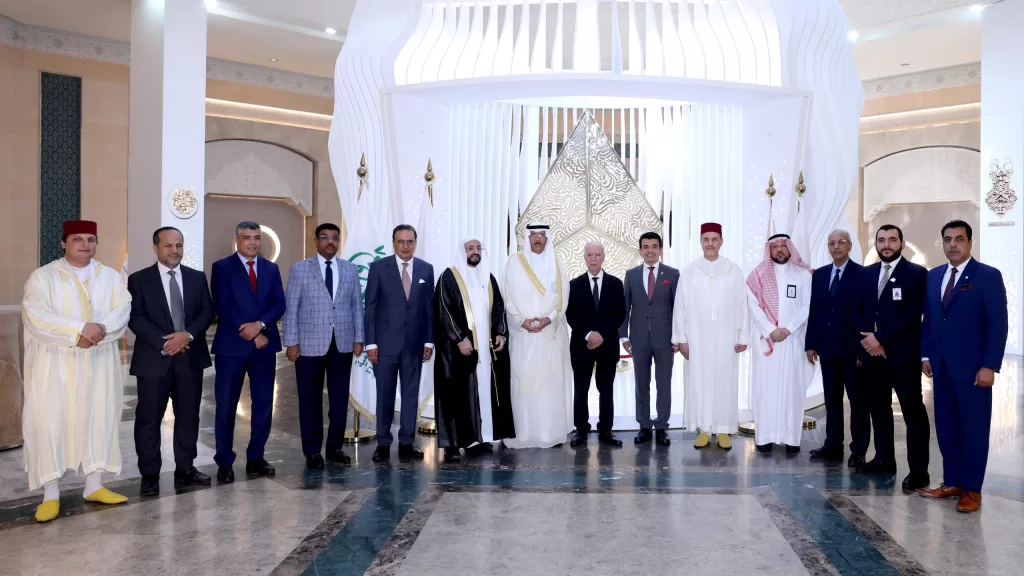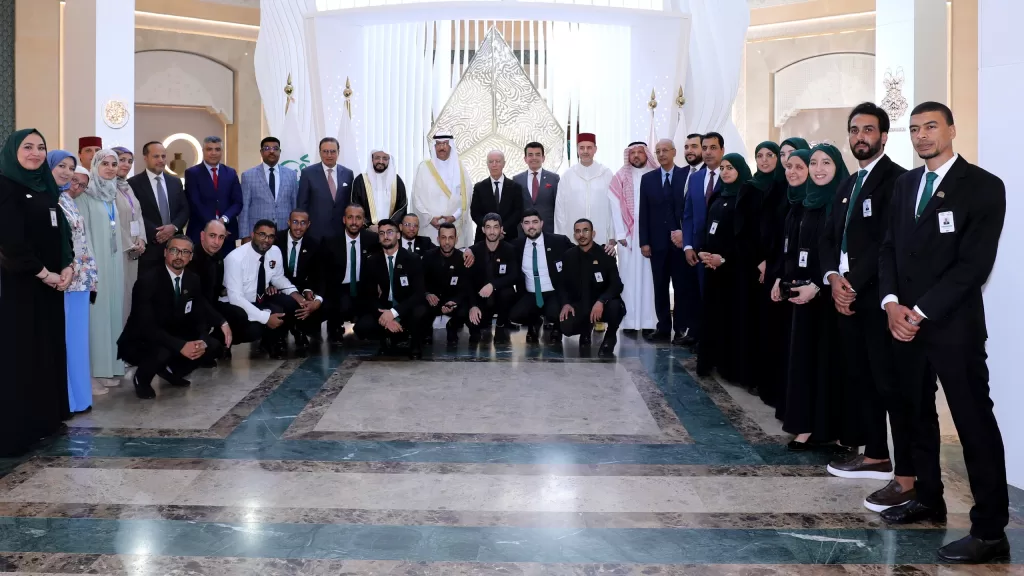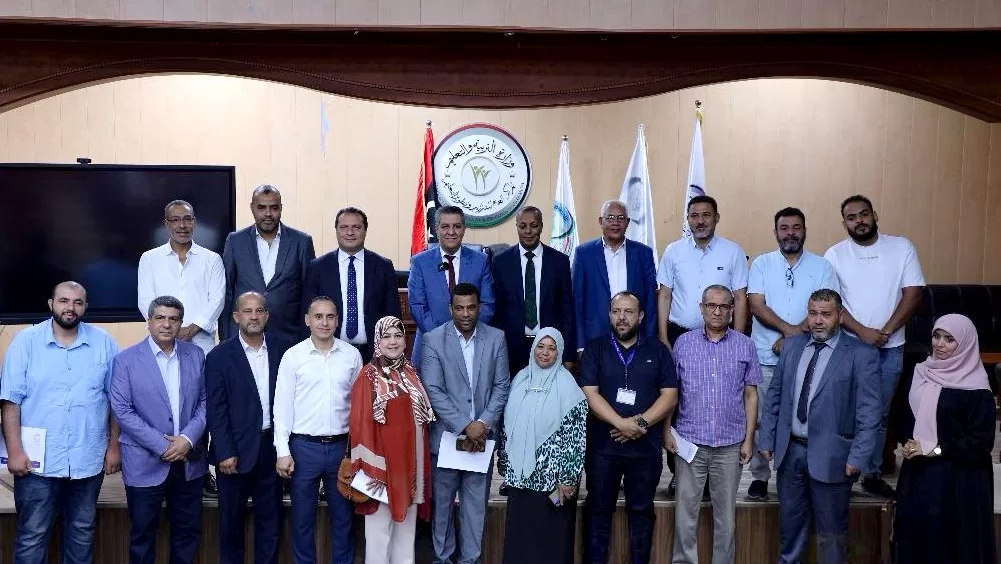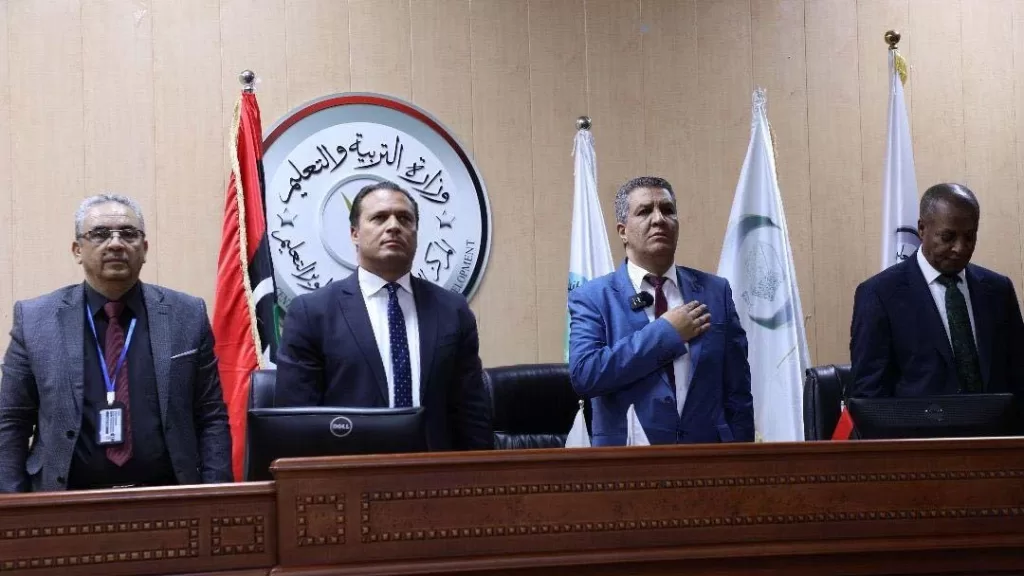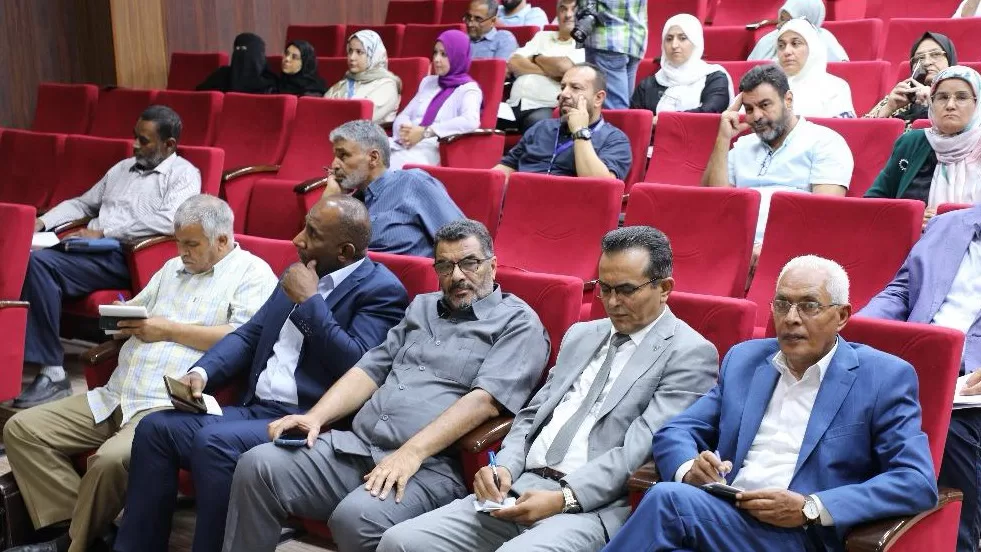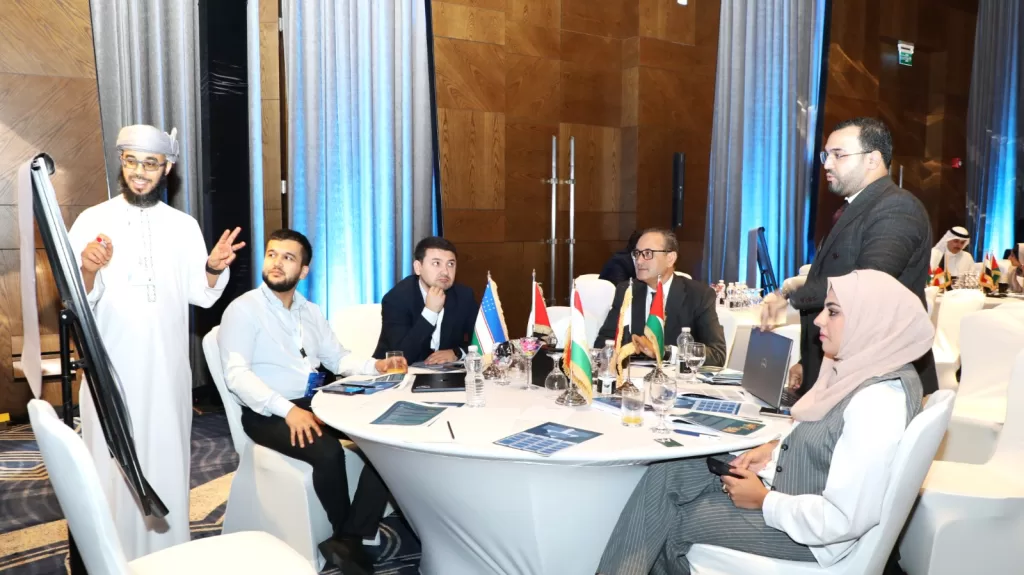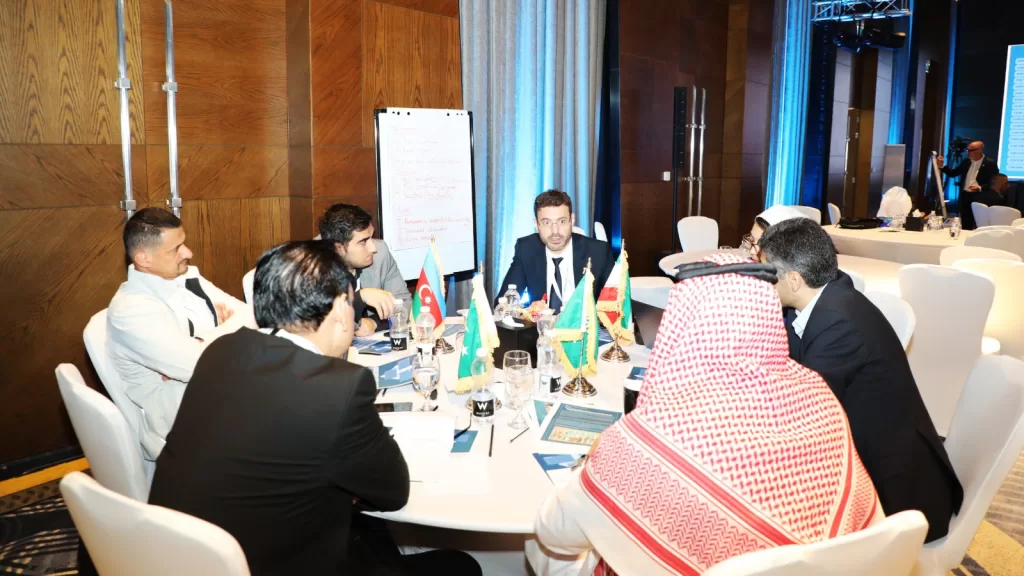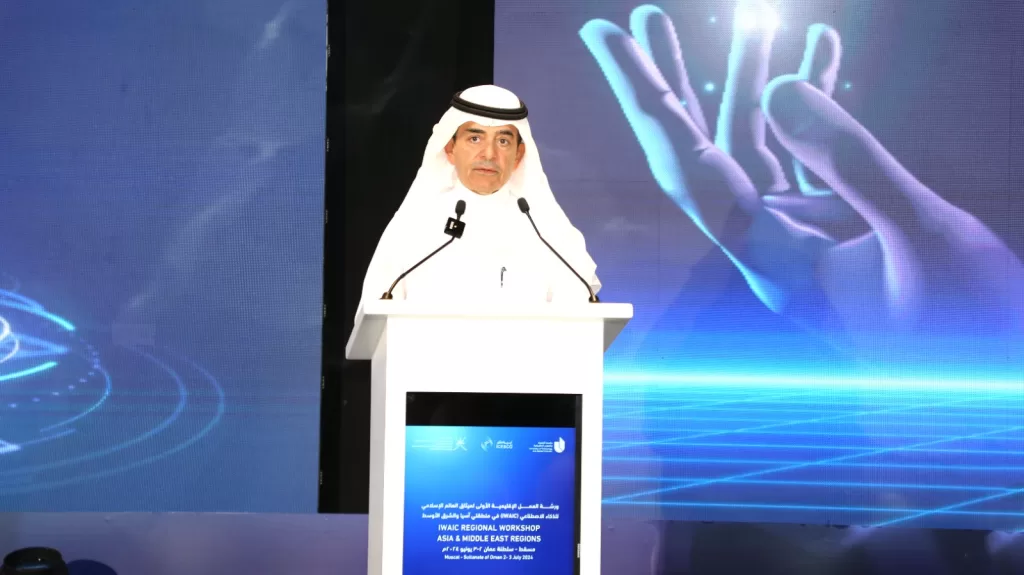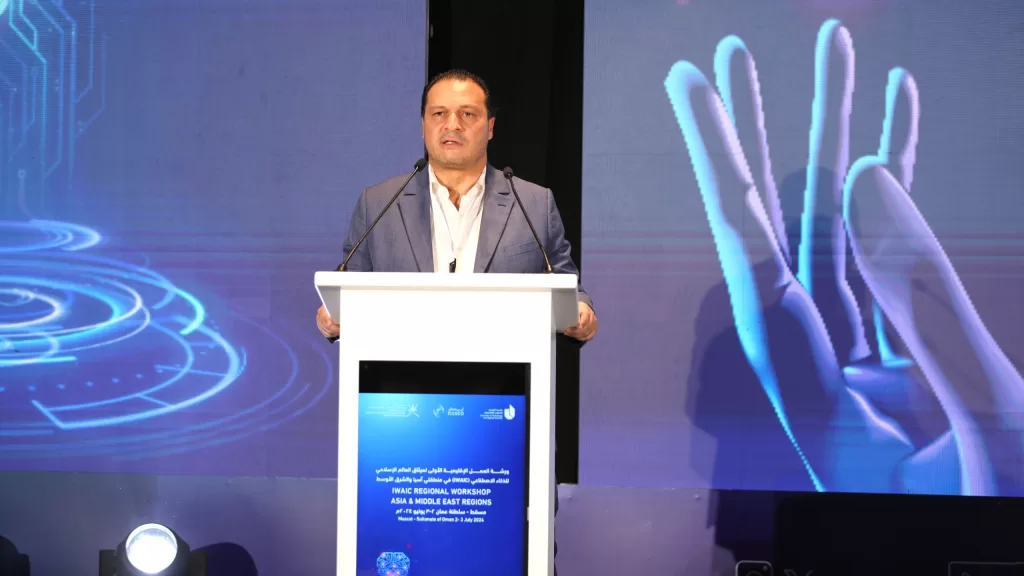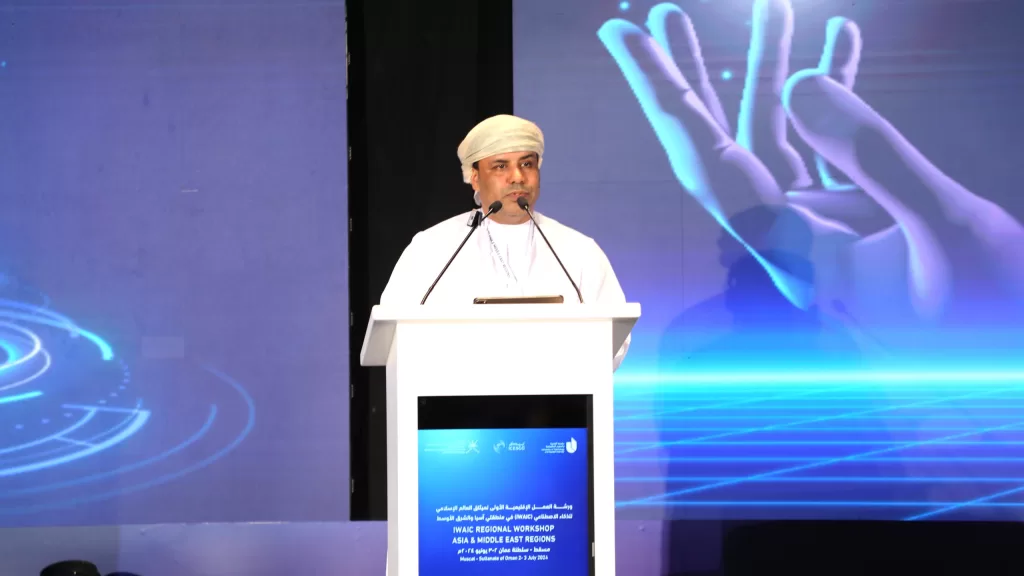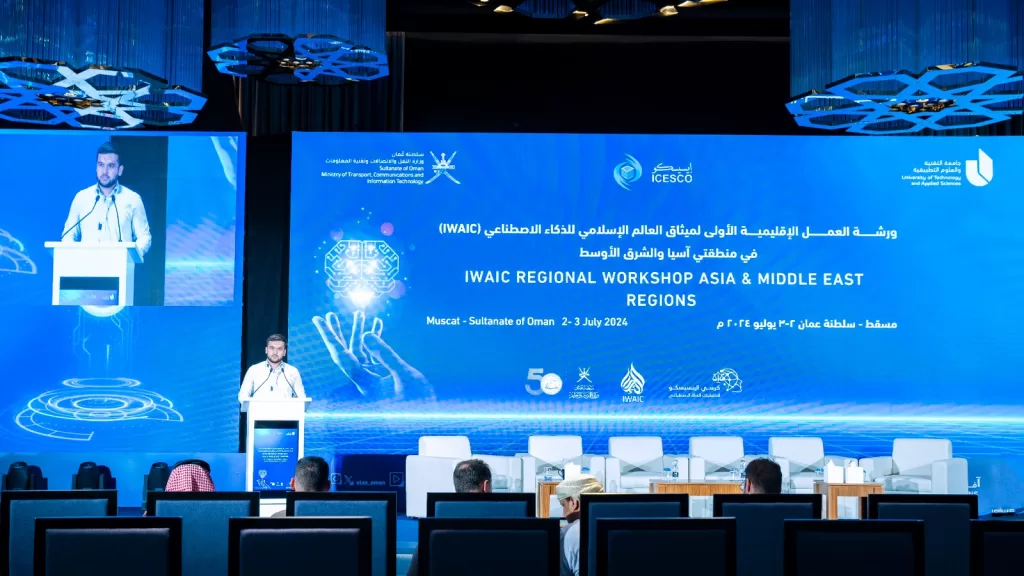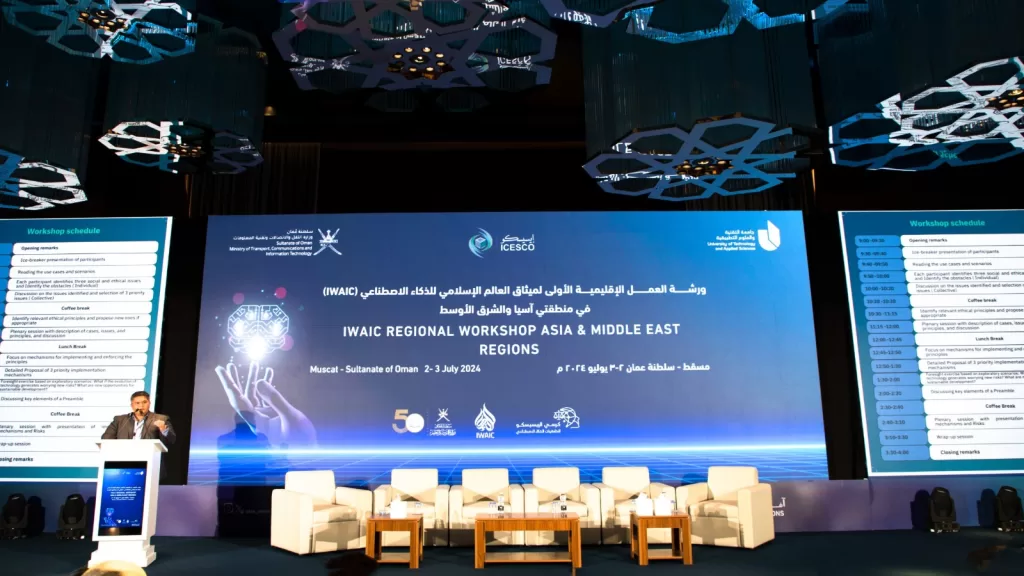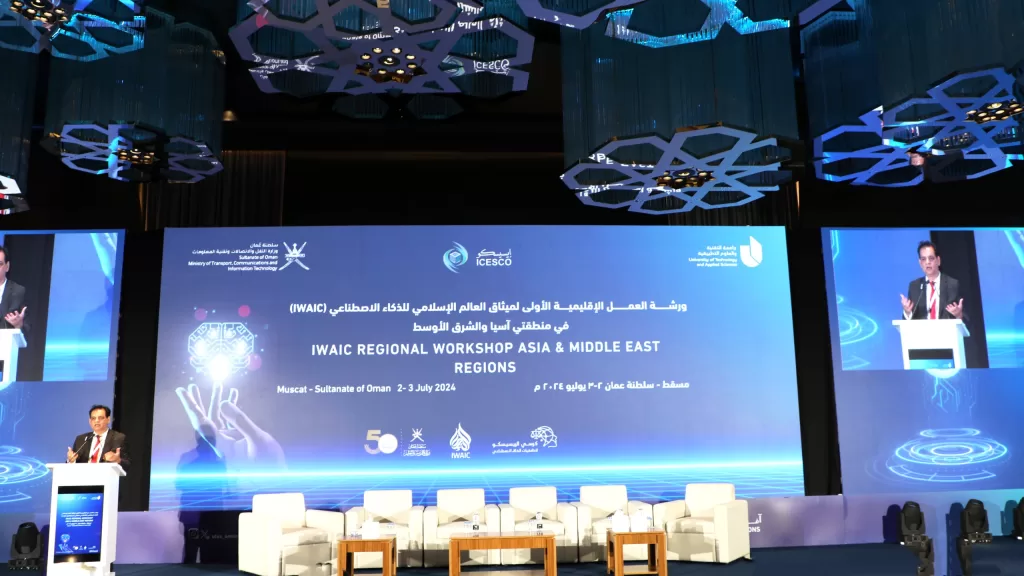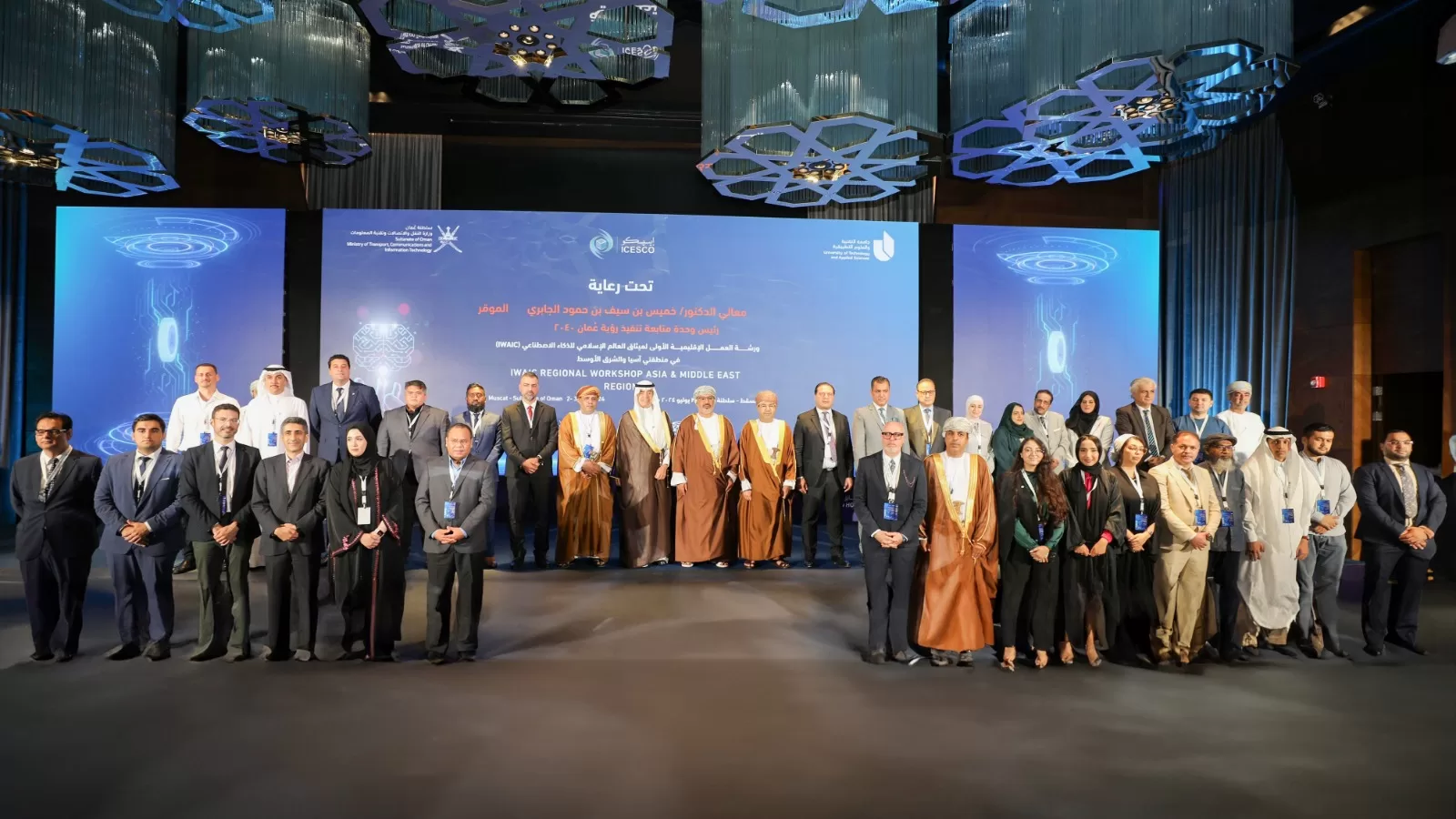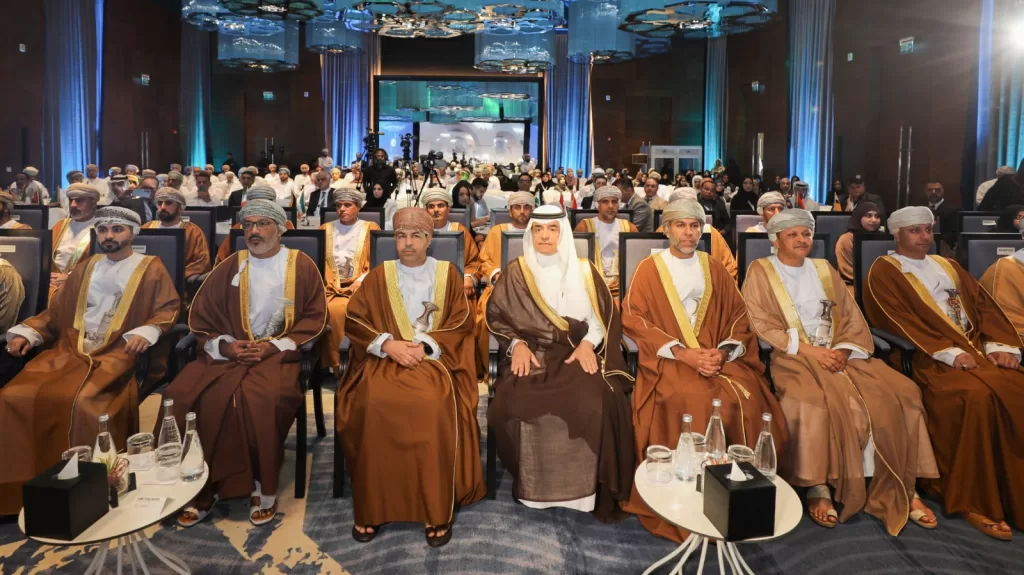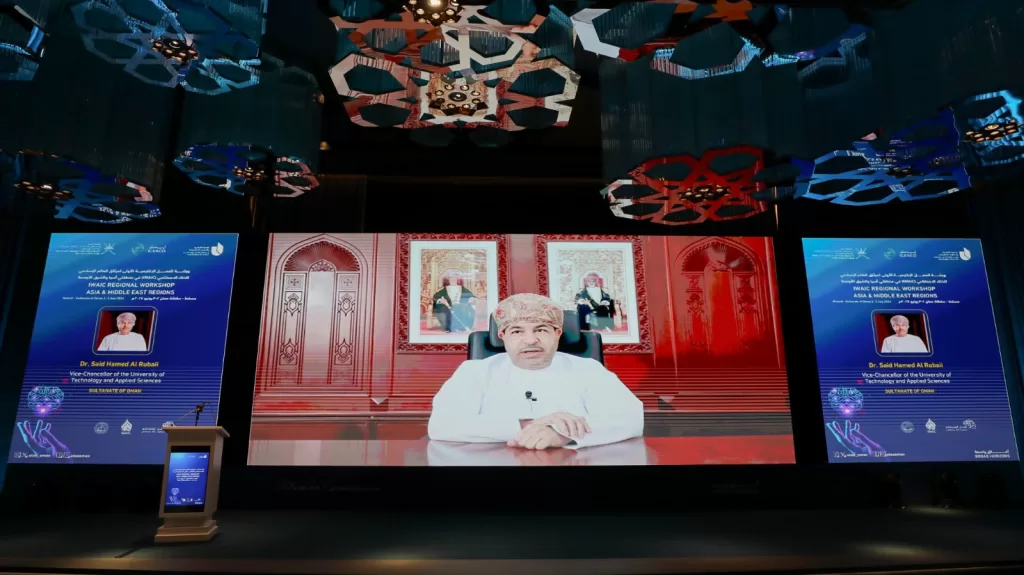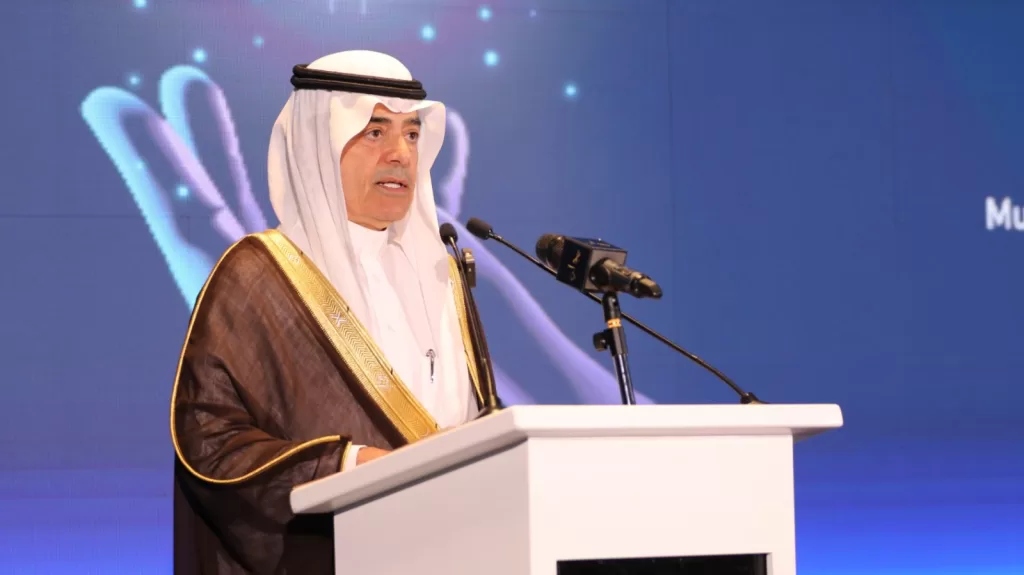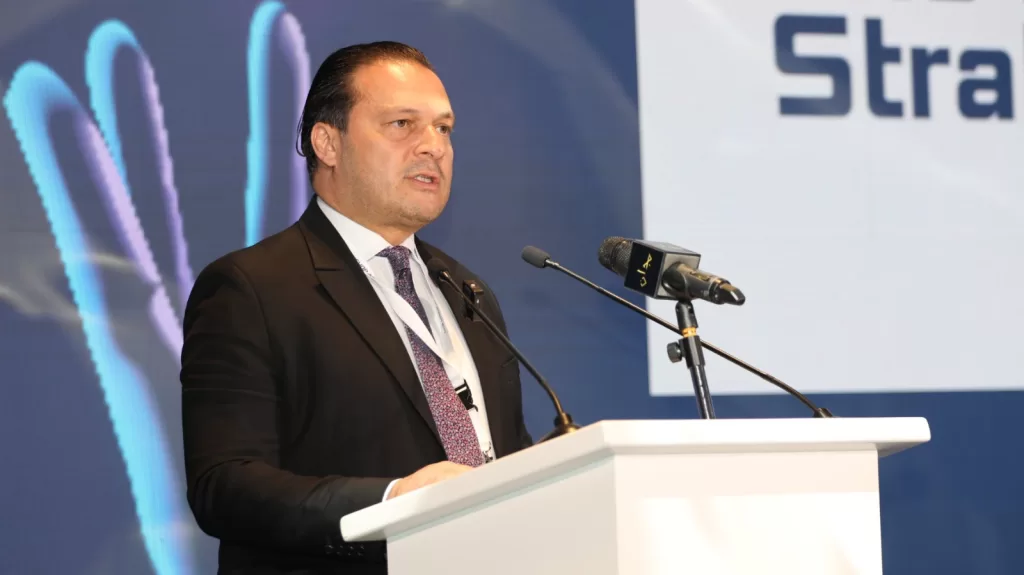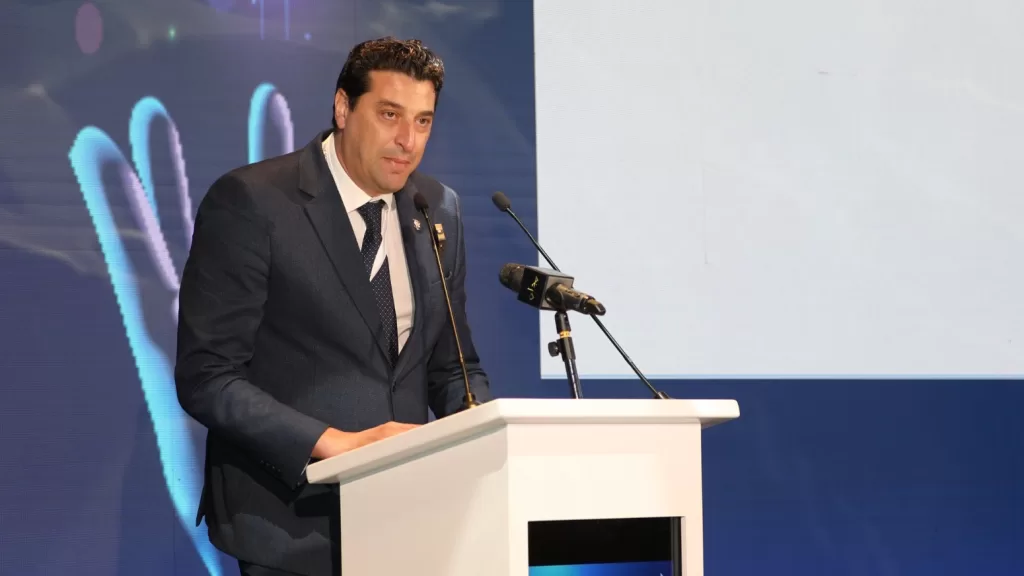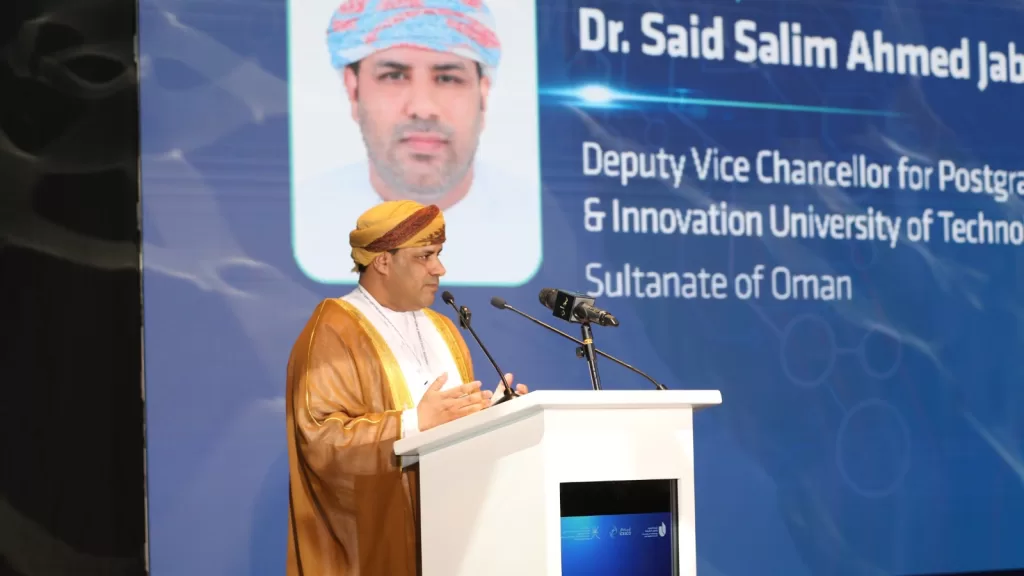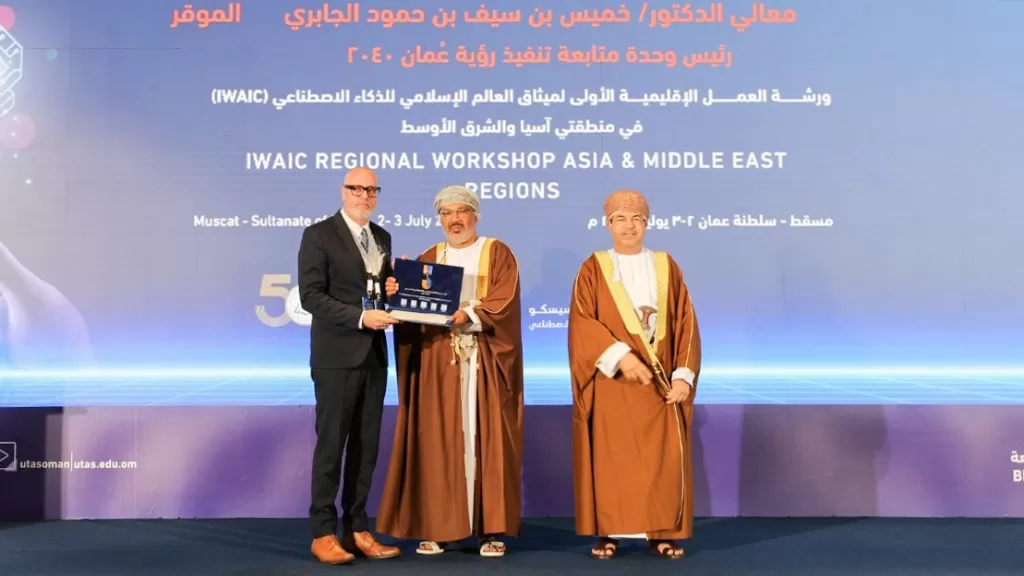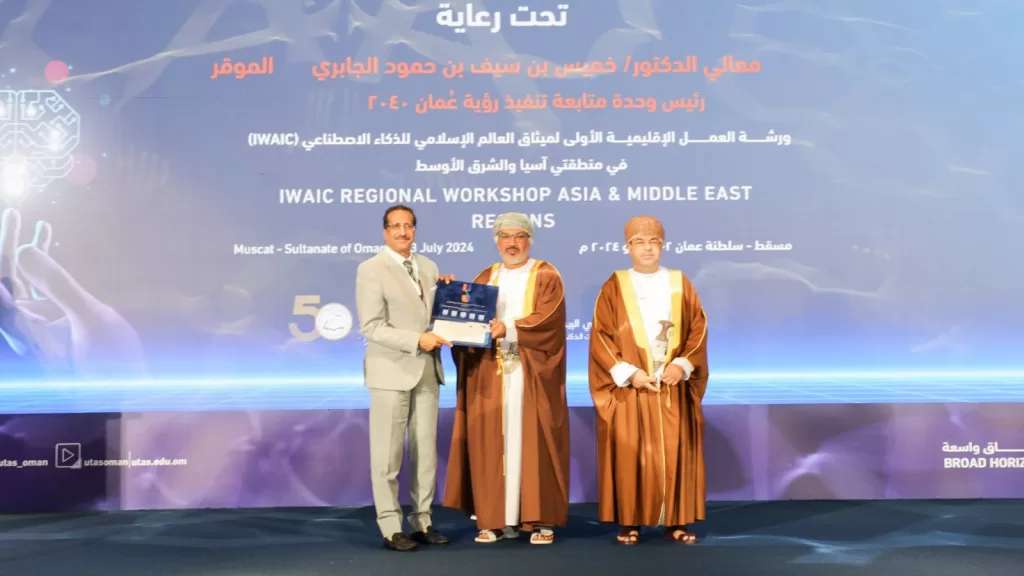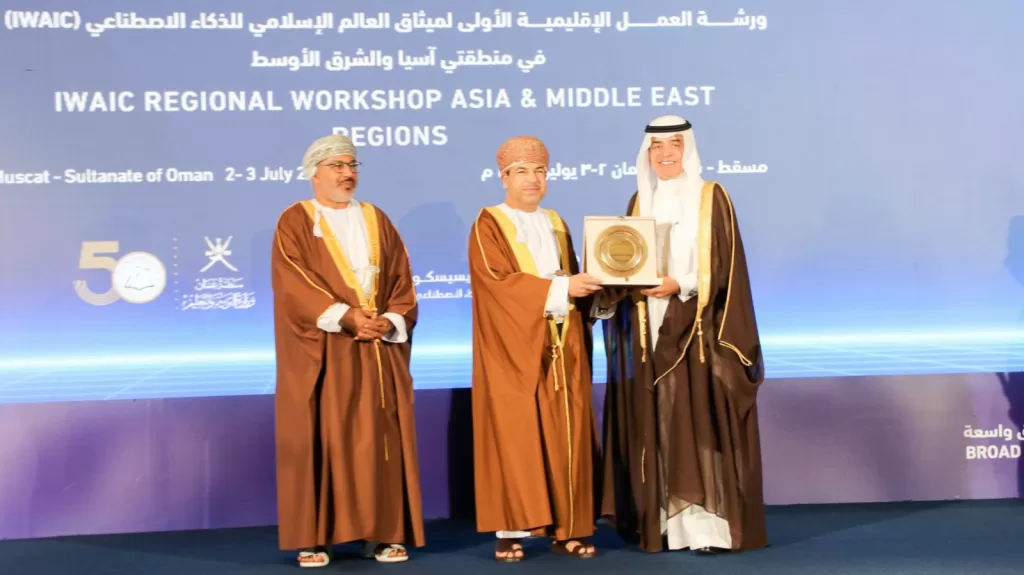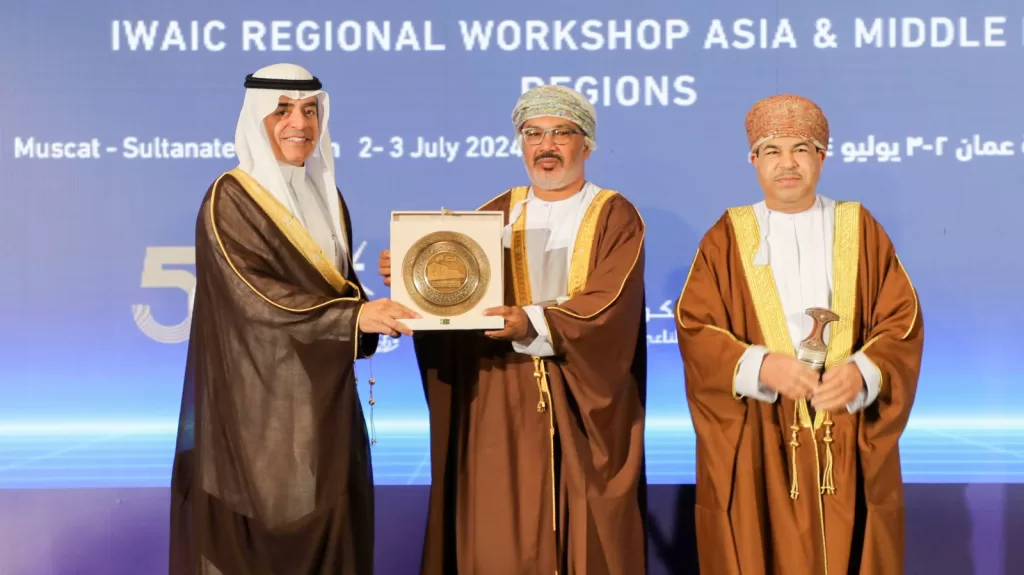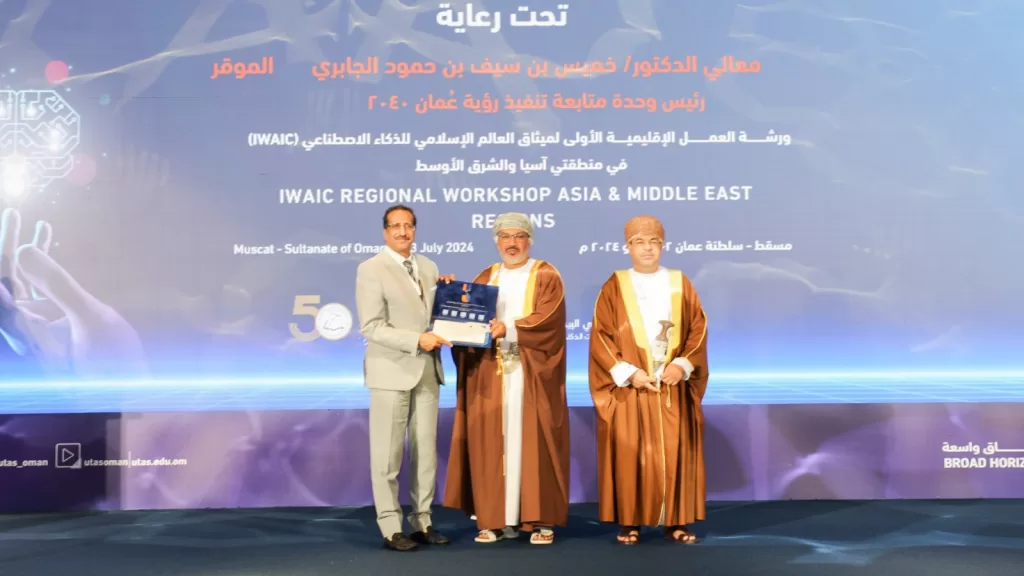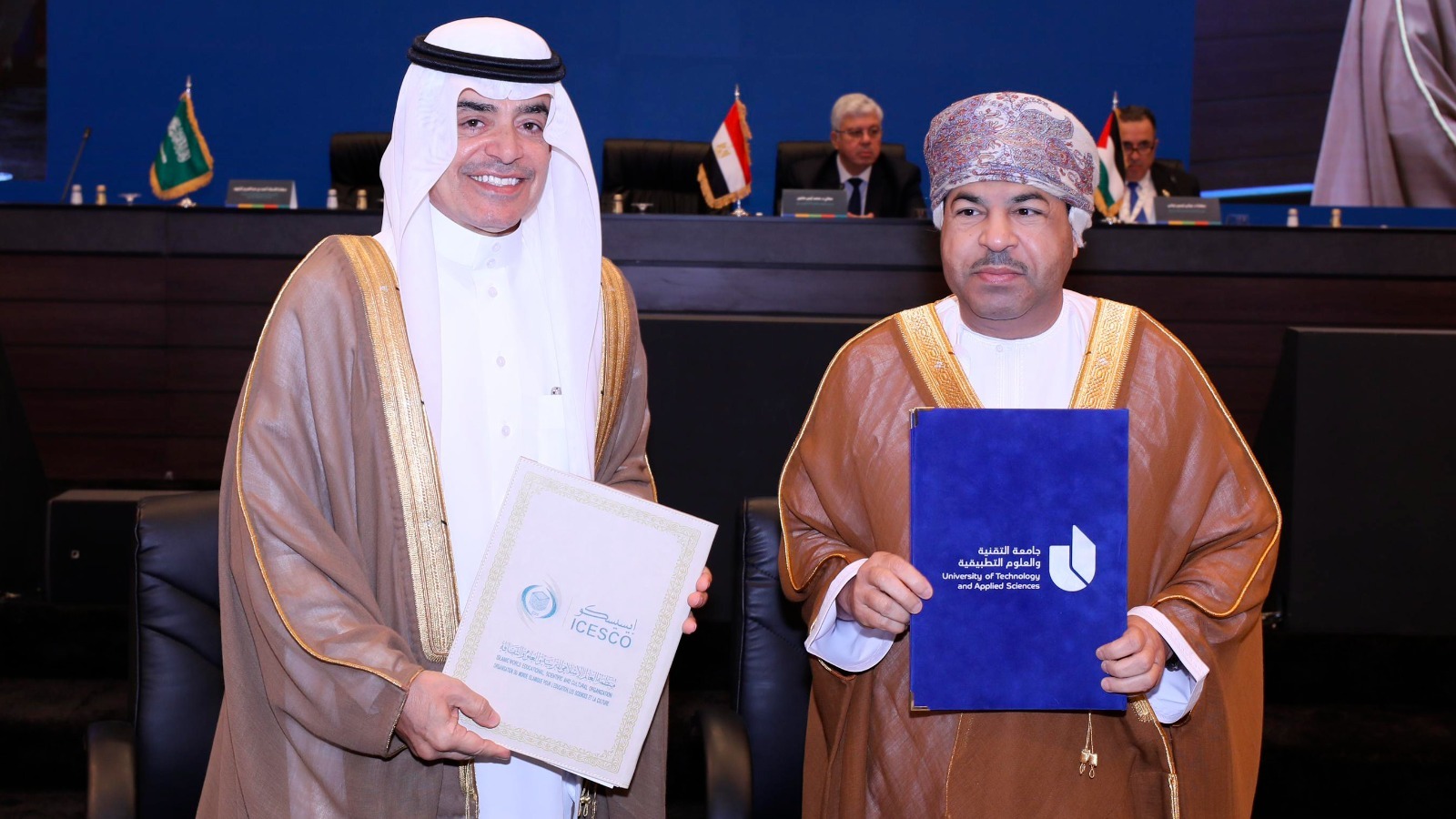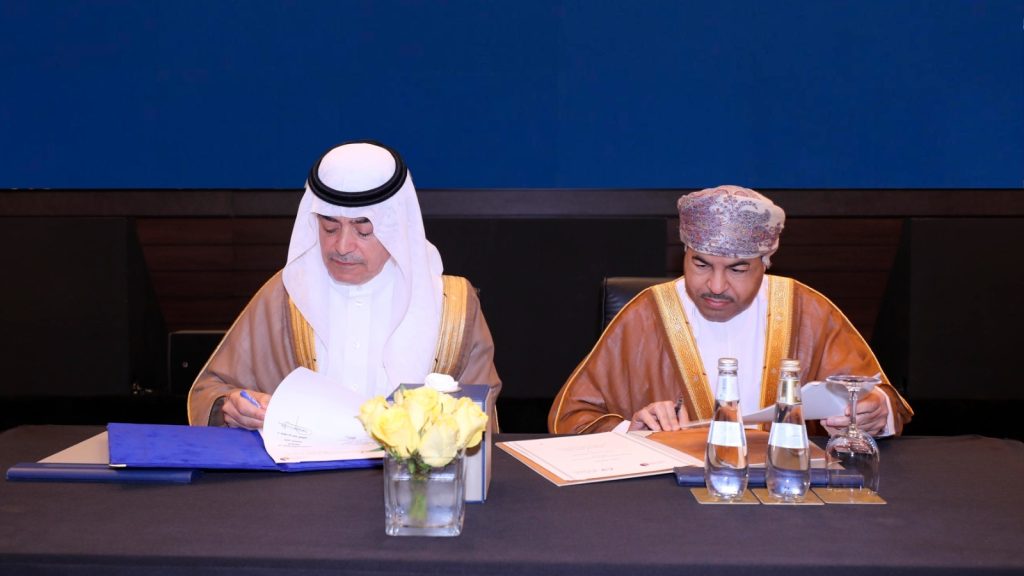The Islamic World Educational, Scientific, and Cultural Organization (ICESCO) and the Federation of the Universities of the Islamic World are pleased to announce the opening of the call for nominations for the second edition of “My Thesis in 1000 Words” Prize. This Prize is open to PhD students in universities across the Islamic world who have completed their theses and dissertations but have not yet defended them. The Prize is organized in partnership with the Remote Sensing and Geographic Information Systems Center at Sultan Qaboos University in Oman, in collaboration with ICESCO Chair of Machine Learning in Remote Sensing at the same University, the IEEE Geoscience and Remote Sensing Society, and the Omani National Commission for Education, Culture, and Science.
This edition features two prizes in different fields: the first covering all disciplines, and the second is exclusively for artificial intelligence specializations in remote sensing and geographic information systems. A panel of experts and academics in the respective fields will evaluate the video applications to select five finalists in each theme for the final round.
The selected candidates will be invited to Sultan Qaboos University to present their work in front of the jury at the final ceremony. The jury will select the first and second place winners, while the audience will choose the recipients of the audience prize for each category.
Selection Criteria:
• Fill out the registration form at:
https://icesco.org/en/my-thesis-in-1000-words-2nd-edition
• Record a video in one of ICESCO’s three working languages (Arabic, English, French), creatively presenting the thesis in less than 1000 words, to be submitted by 15 September 2024.
• Video must be in landscape mode, recorded in a quiet place with clear sound and good lighting.
• Name the video with the candidate’s full name and university.
• The video must be in at least 1080p resolution and in MP4 format.
• The file size must not exceed 500 MB.
• Attach a summary in Word format not exceeding 1000 words with the registration form, carrying the candidate’s full name and university.
• Winners of the first edition are not eligible to participate.
The list of finalists will be announced at the beginning of November 2024, and the winners will be announced at the closing ceremony on 17 December 2024.
For any inquiries, you can contact us via the following email addresses:

